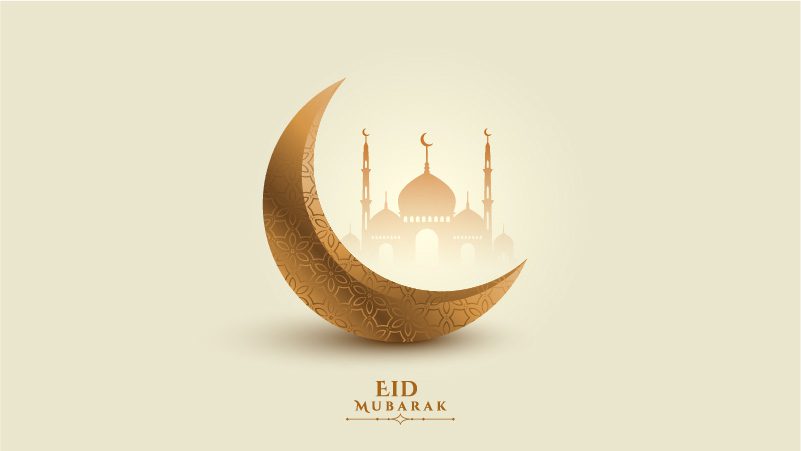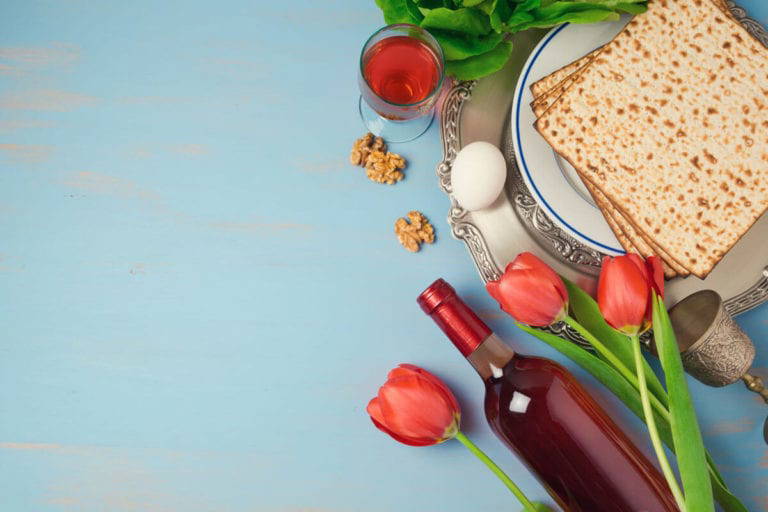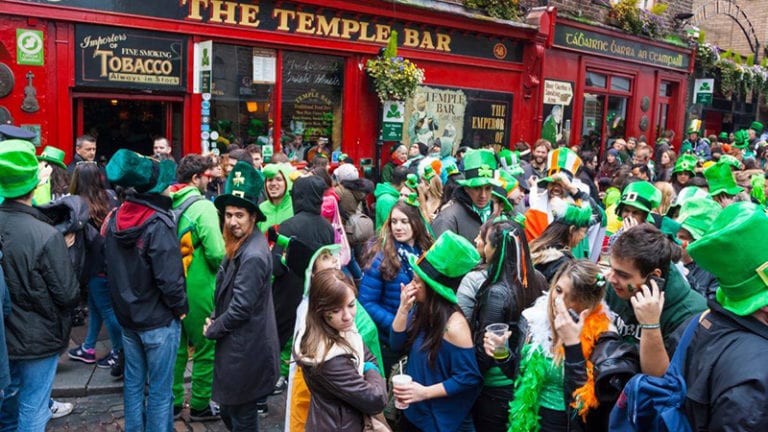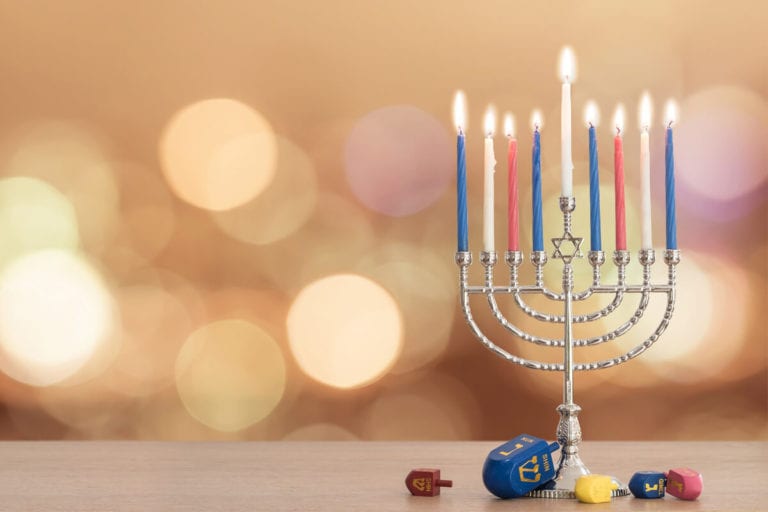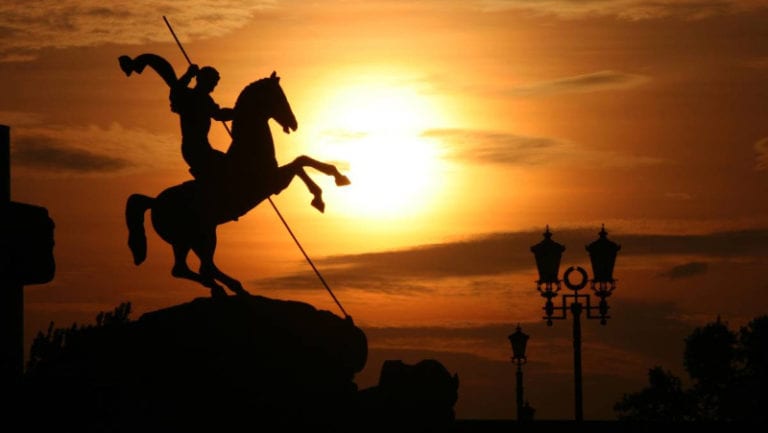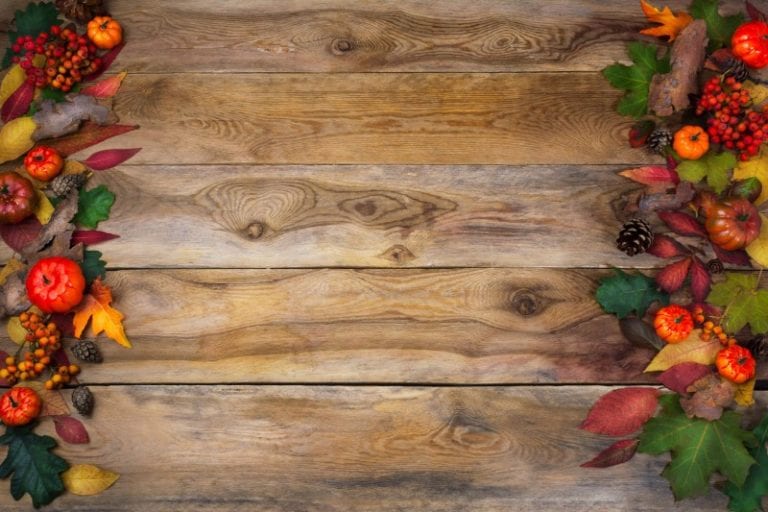Who celebrates Eid?
Eid is an Islamic festival celebrated by the Muslim community across the world. In the UK, this represents a population of approximately 2.8 million.
Two Eid festivals
There are two Eid celebrations each year: Eid-Ul-Fitr and Eid-Ul-Adha. Both follow an Islamic calendar (based on the lunar calendar) in which a year is 354 days long. Thus the Eid festivals fall around 11 days earlier each year.
The dates for the two Eid festivals are listed at the top of this page – but remember the actual date could vary by a day or so, as it’s based on the moon-rise timings in different locations.
The history of Eid
Eid-Ul-Fitr, often called just Eid, is the festival of fast breaking. Eid-Ul-Fitr takes place at the end of the holy month of Ramadan. It is said that it was during the month of Ramandan that the Holy Quran was revealed to the Prophet Muhammed (*pbuh).
Eid-Ul-Adha, the festival of sacrifice, is a commemoration of the story of the Prophet Ibrahim’s (Abraham in the bible) steadfast willingness to sacrifice his son for the love of God, despite temptations to do otherwise. Muslims on pilgrimage to Mecca use the occasion to celebrate the end of their pilgrimage.
How is Eid celebrated?
The celebrations for Eid-Ul-Fitr begin following confirmation of the sighting of the moon. Special prayers are held in mosques. New clothes are worn, homes are decorated and an abundance of special traditional foods are prepared. It is a time of giving and receiving gifts, and feasting – the first day time meal since before the month of fasting began. Eid Greeting cards are a popular way to send wishes to loved ones, and children often receive money in special envelopes or money wallets from their elders.
